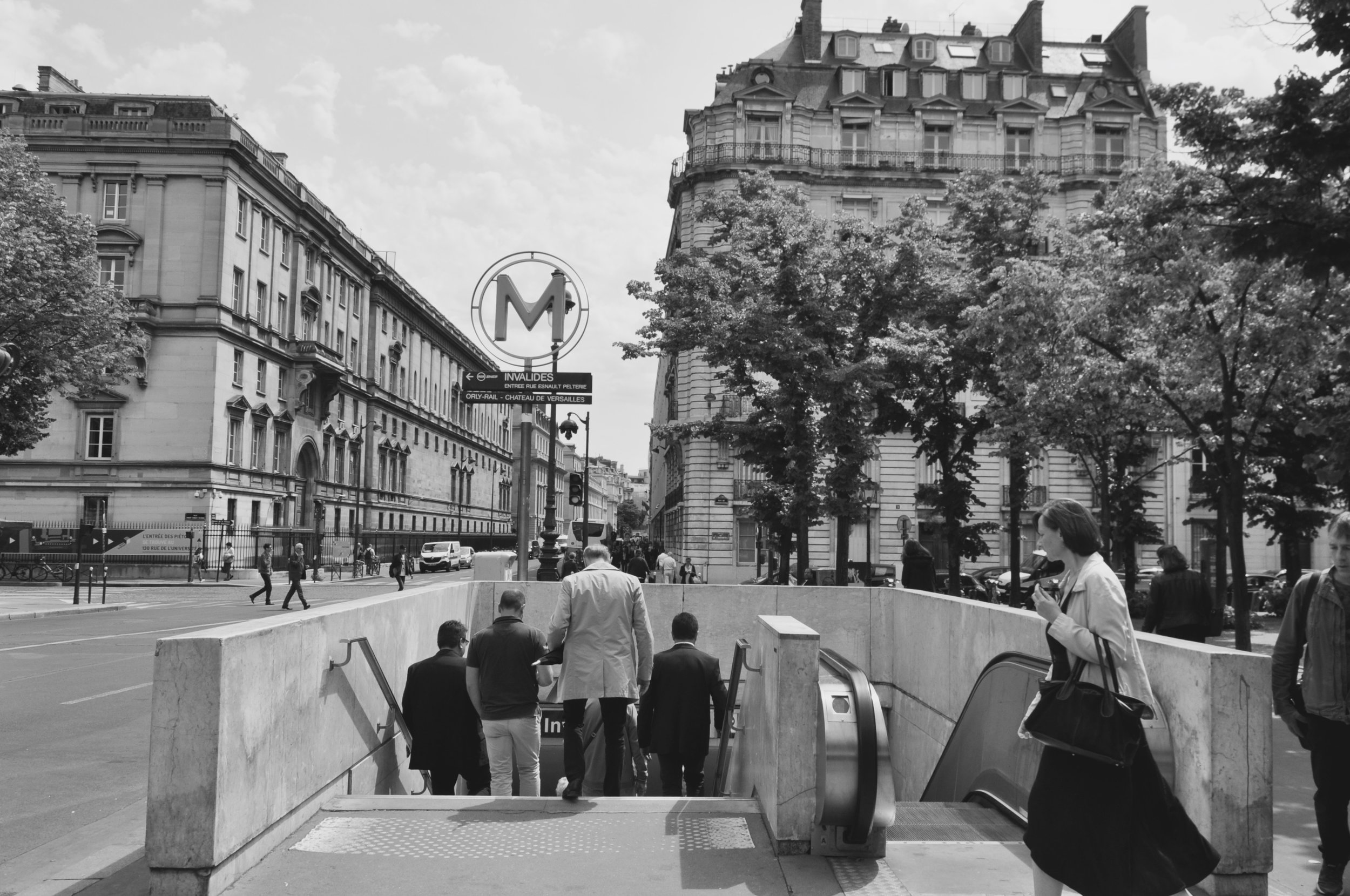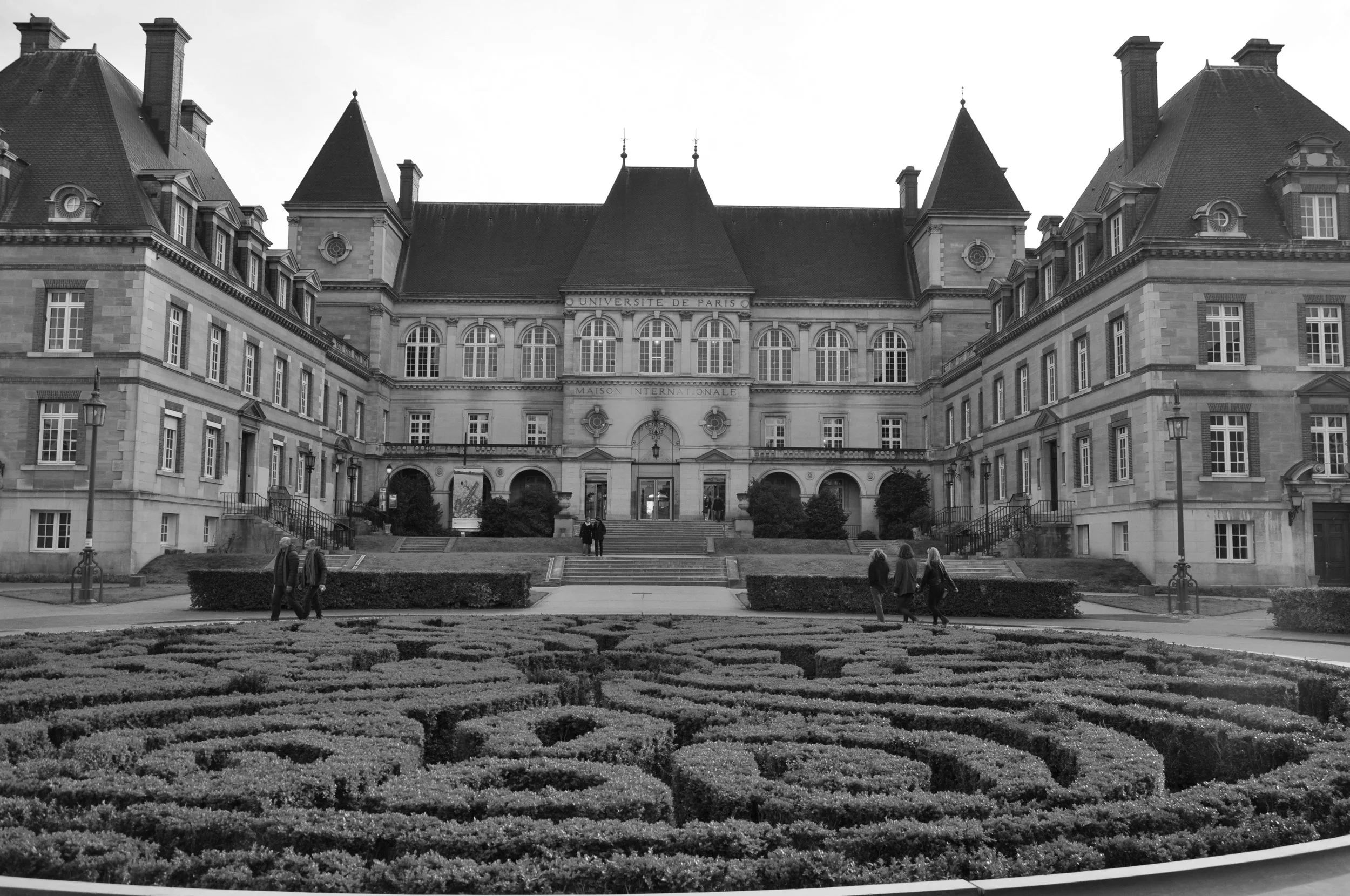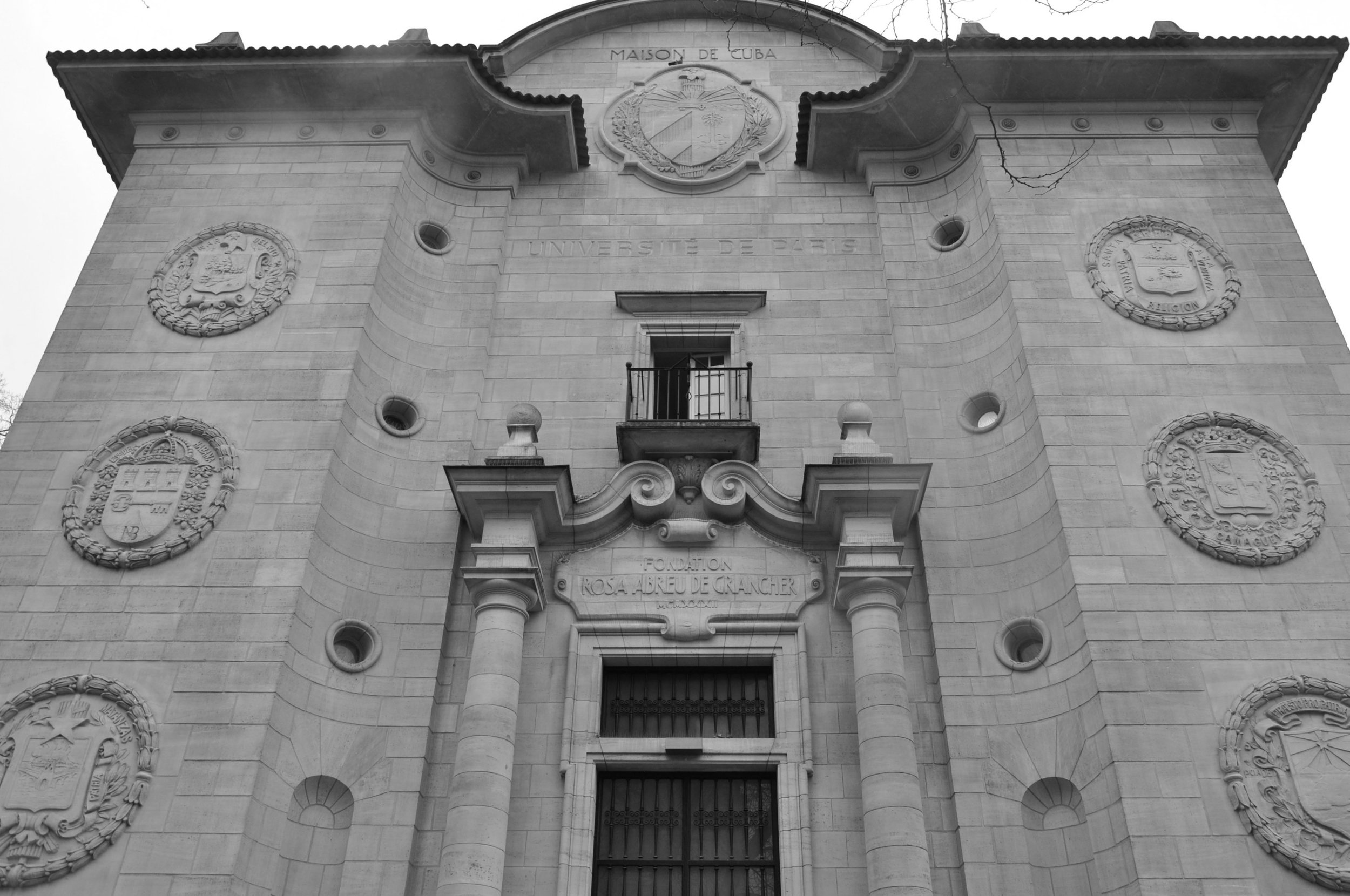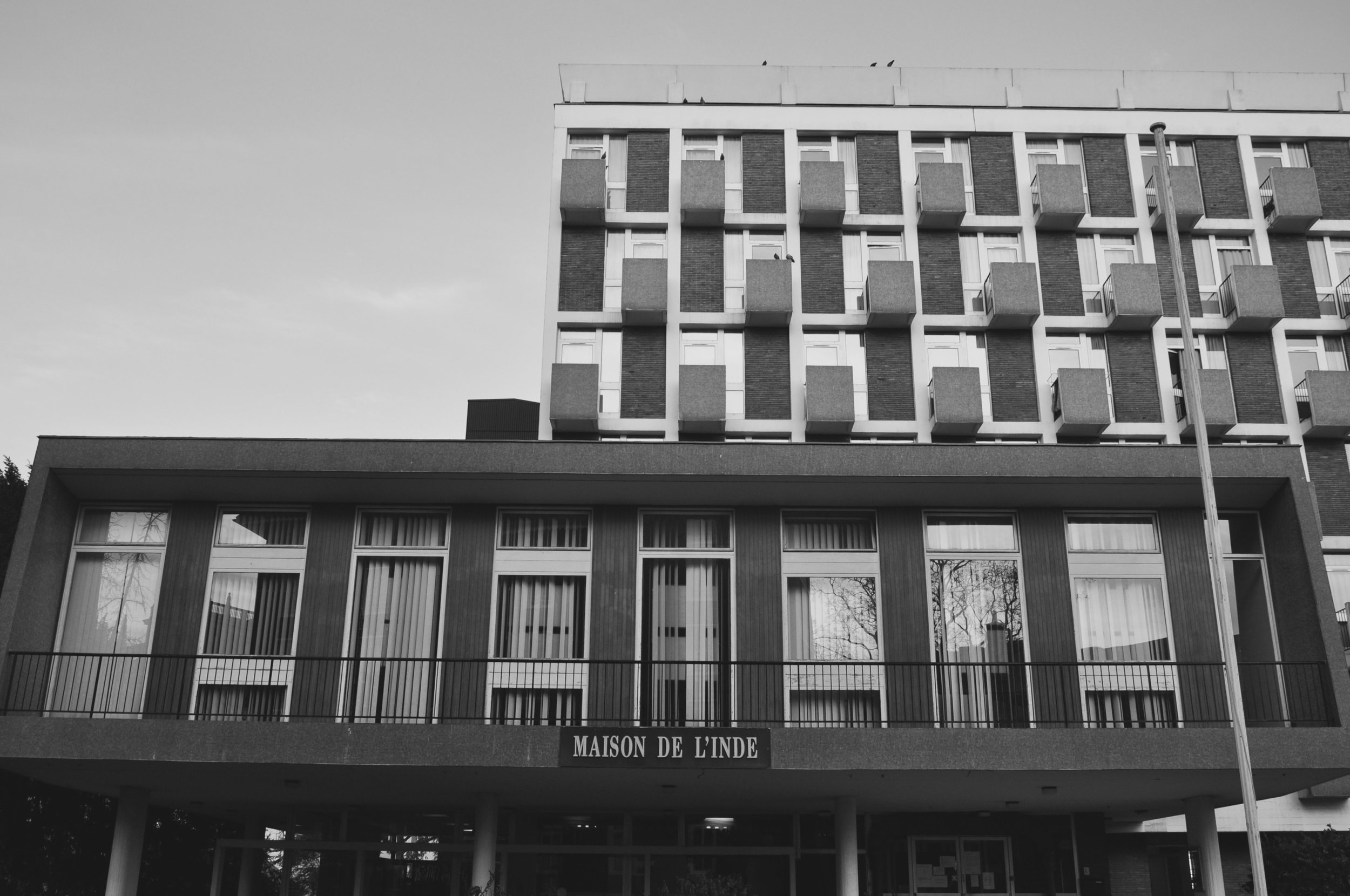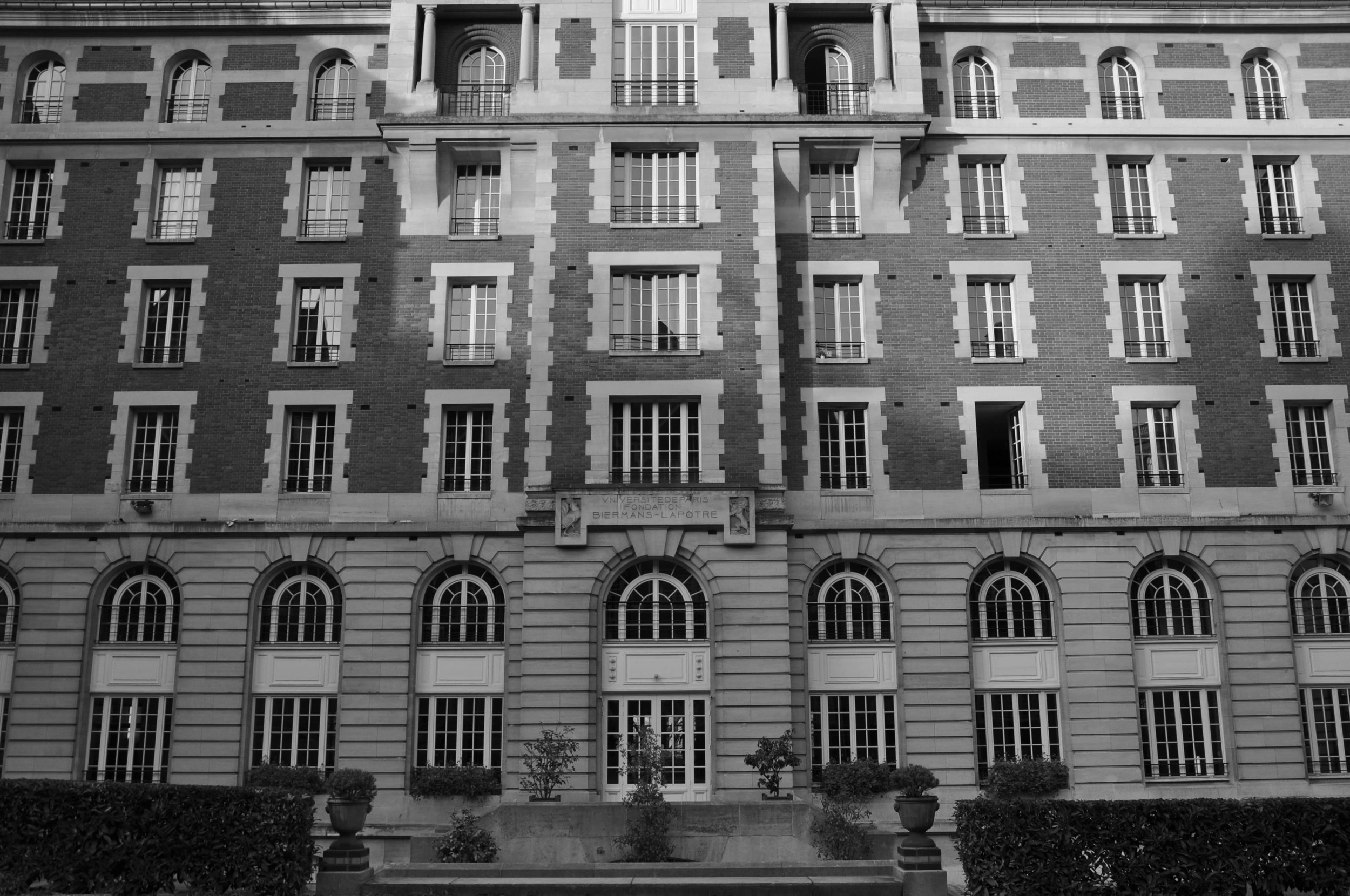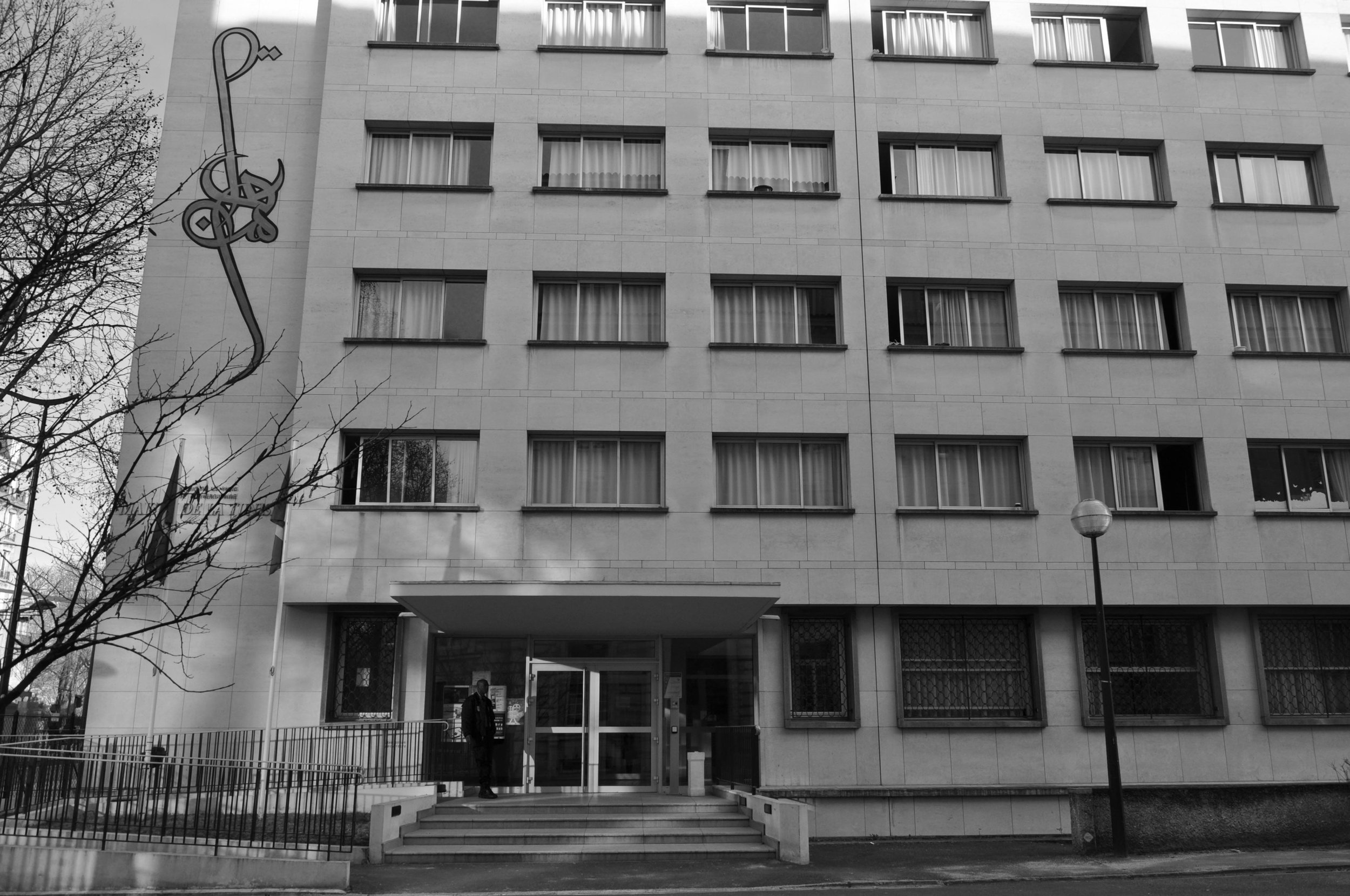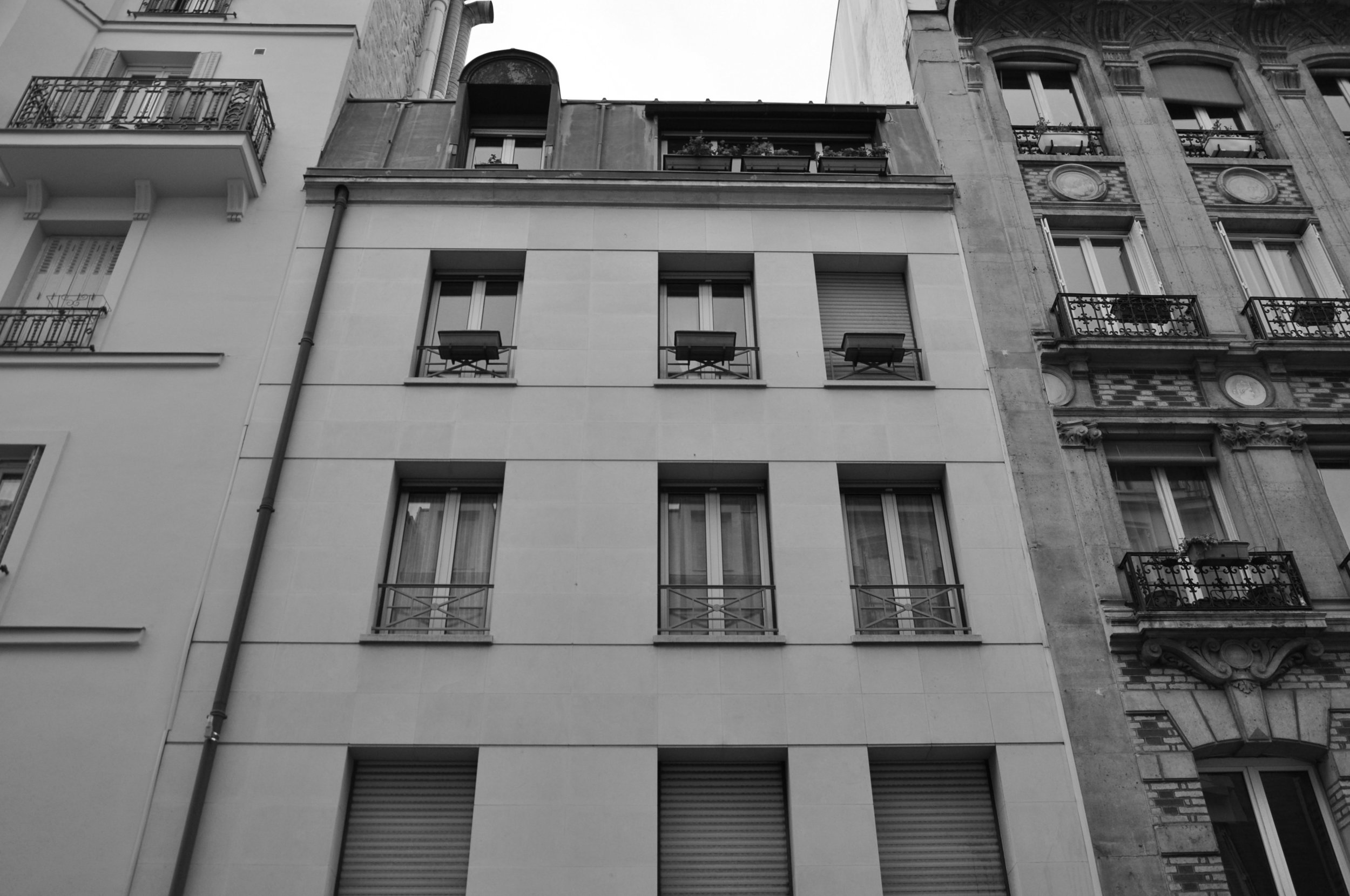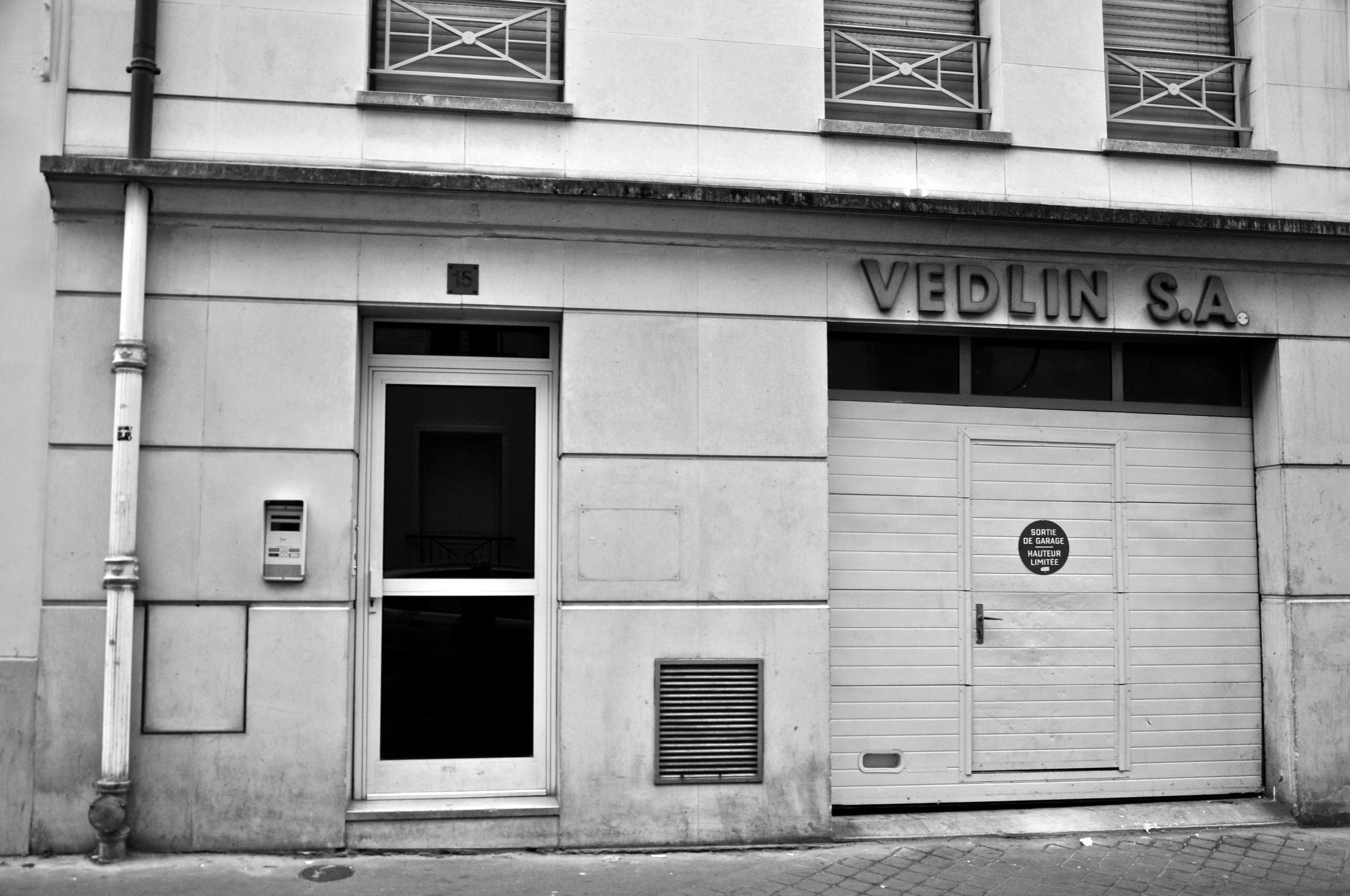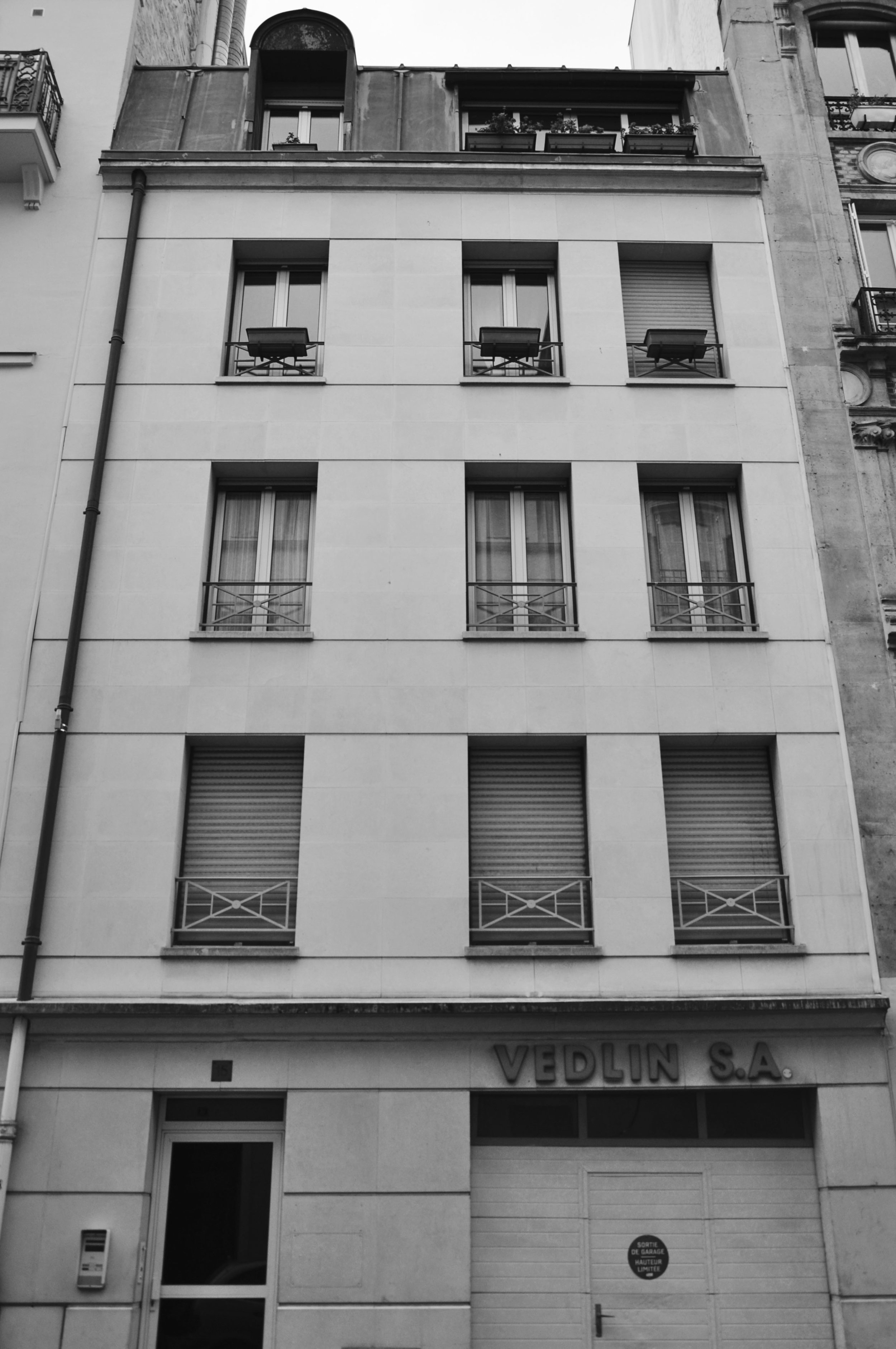Manifestations of Self
Shari’ati’s whimsical mind led him to deconstruct his own name by rearranging his initials in Farsi – Ali (‘ayn) Shari’ati (shīn) Mazinani (mīm) – to spell the word, sham’ (candle), and used the French translation, chandel, as a pen-name. Shari’ati sometimes gave Chandel the initials M.E. to let us know that it is indeed Shari’ati himself. Chandel, at the hands of Shari’ati, was a chameleon of many nationalities, religions, and professions in different contexts, alluding to the multiplicity of religions, nationalities, and professions Shari’ati embraced in his own view of himself. Across his many identities, Chandel was depicted as a sensitive and politicized intellectual and activist. Nevertheless, Chandel found himself in a love story with Madame Rosas Chapelle. In his writings the character of Solange Bodin, another enigmatic figure, merges with that of Rosas Chapelle. The locations in this section appear in Shari’ati’s account of Chandel’s story.
Invalides
Address: 75007 Paris
Shari’ati rushed to the metro and got off at Invalides station, where he picked up his old grey 1956 Citroen 4 CV and then drove to Orly.
Reference: Shari’ati, Ali. Goftegūhay-eh Tanhāī. Collective Work, Vol. 33/2, pp. 760-762.
Aéroport de Paris-Orly
Address: 94390 Orly
Shari’ati picked up Madame Chapelle who arrived from Brussels on flight 615 at Orly Airport. He refers to Gilbert Bécaud’s famous song Dimanche à Orly.
Reference: Shari’ati, Ali. Goftegūhay-eh Tanhāī. Collective Work, Vol. 33/2, pp. 760-762, 775, 778.
Cité Internationale Universitaire de Paris
Address: 17 Boulevard Jourdan Paris 75014
Shari’ati mentioned that Chandel showed Chapelle Abreu de Grancher Foundation, Maison de L’lnde, Foundation Biermans-Lapôtre (Belgium), Collège Franco-Britannique, Maison de la Tunisie, Lucien Paye Foundation (Shari’ati called it the Ethiopian House), and Fondation des États-Unis as they traveled towards Porte d’Orléan from Orly.
Reference: Shari’ati, Ali. Goftegūhay-eh Tanhāī. Collective Works, Vol. 33/2, p. 778.
Port d'Orléan
Address: 75014 Paris
According to Shari’ati, it was an evening in mid-October, when Chandel pointed out “the city begins with the metro, this is Porte d’Orléan” on their way back from Orly. Shari’ati referred to Chandel and Madame Chapelle as dow qalb-eh ‘āsheq (two loving hearts).
Reference: Shari’ati, Ali. Goftegūhay-eh Tanhāī. Collective Work, Vol. 33/2, p. 775.
Bois de Boulogne
Address: 76016 Paris
Chandel and Madame Chappelle reminisce about their walk in the park on their way from Orly Airport.
Reference: Shari’ati, Ali. Goftegūhay-eh Tanhāī. Collective Work, Vol. 33/2, p. 769.
Chandel's Apartment
Address: 15 Rue Lacroix Paris 75017 (Fifth floor)
The Clichy Apartment is where Chandel, the Tunisian writer/student brought his beloved (Rosas Chappelle) to after she landed at Orly airport. Shari’ati wrote that Rosas de la Chappelle was a Swedish writer. This account is elaborately recounted in 74 pages of the Dialogues of Solitude, Vol. 2, pp.759-833.
In another story connected with Rue Lacroix, Chandel is a Jewish anti-Fascist musician who teaches at the Music Conservatory in Rome. The two are said to have met in Rome, where they found separation intolerable. This was a love story, part worldly and part mystical, part passionate and part platonic, based on flashbacks and flash-forwards between Chandel and Chapelle. What Shari‘ati wrote about this relationship was that despite the fact that it is platonic, it is a secretive and forbidden one.
The story in which Shari‘ati narrated Paris takes place in mid-October 1969, when in fact, Shari‘ati is in Mashhad. In order to say what he really wants to say without implicating any real and clearly identifiable person, Shari‘ati further throws off his readers by referring to “those two Tunisian students who co-habited at 15 Rue Lacroix in the 15th arrondissement. We already know that the two who lived at this address were Chandel and Chappelle. Shari‘ati created layers and layers of veils, masks and cloaks to state a reality, yet be in a very strong position of deniability if questioned, charged, or accused.
He wrote about the flickering and sad shadow of the candle in this apartment. Shari‘ati, the candle/sham‘ (Chandel) was in a relationship with Chapelle. Sham’ opened the predetermined book for Shari’ati’s life before him and he read his life. He created a relationship between people and places. On the traditional concept of the place of a candle, which burns in remembrance is in a holy venue of prayer, Shari‘ati built a different kind of religious relationship.
Reference: Shari’ati, Ali. Goftegūhay-eh Tanhāī. Collective Work, Vol. 33/2, pp. 721, 729, 759-760, 784-788, 828, 917. / Shari’ati, Ali. Ās̄ār-eh Gūnāgūn. Collective Work, Vol. 35/1, pp. 416. / Rahnema, Ali. An Islamic Utopian: A Political Biography of Ali Shari’ati. I.B. Tauris & Co., 2014, p. 93.

